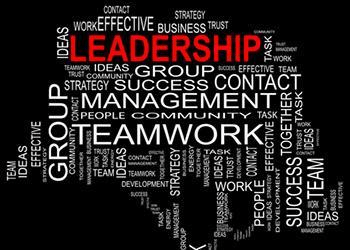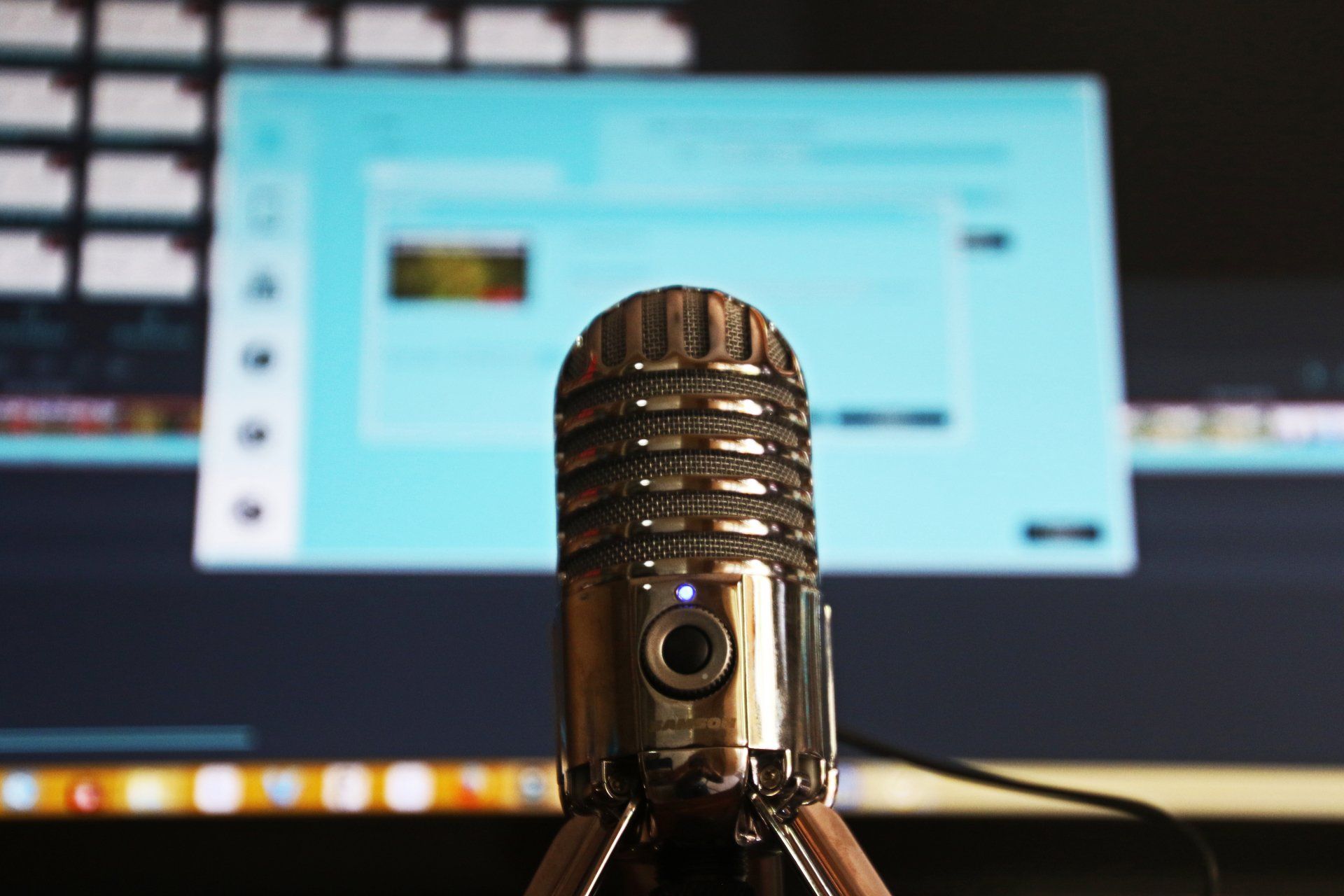Getting Your Ducks in a Row
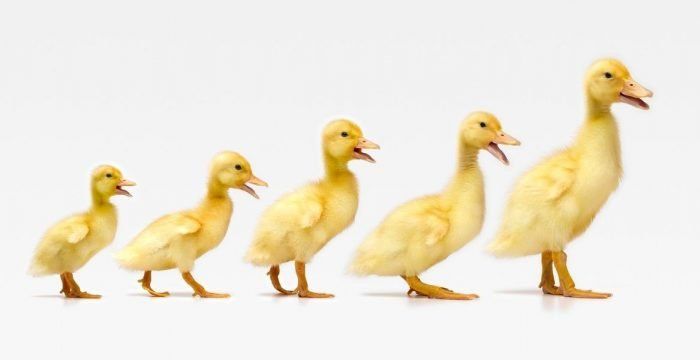
A large portion of the effort required for submitting a grant happens in the preparation phase. You are likely to find this process to be the most time consuming, yet the most vital aspect of the process. In fact, one way to instantly separate yourself from the piles of other applicants is to prepare a complete and concise grant application package that tells a prospective funder everything they need to know about your project.
While most foundations will provide you with a list of what they require in order to make an informed grantmaking decision, we have created a list of the standard data and materials required by most foundations. These guideposts are transferable to a variety of grant applications. We recommend that organizations maintain an up-to-date computer and hard copy folder that includes each item listed below. It is imperative that you carefully read the guidelines provided for each grant you select to pursue. We hope this list will help you get your ducks in a row and have a head start!
Document Gathering
At Pathways to Growth, we call this process “building your Toolbox.” Begin by gathering the following documents to build an adequate toolbox prior to your grant seeking efforts:
- 501(c)(3) determination letter from the IRS
- IRS Form 990 for the most recent year
- Financial audit for the past two years; if your organization does not have an audit performed, you can ask grantmaking organizations if they will accept two years of financial statements (Income & Expenses, or Budget vs. Actual)
- Current year operating budget
- Current year program budgets, if applicable
- Board Roster with contact information, terms, and affiliations
- Organization Chart
- Resumes and biographies of key staff
- Chart of staff salary and benefits for use in grant application budgets
- List of current grants (funder, amount, and grant award period)
- List of top 10 supporters (individuals whom can remain anonymous, foundations, corporations, government, churches, civic groups, etc.) with funding amount
- Applicable program outcomes and measurements (current year and previous years for comparison) including copies of measurement tools (pre-/post-tests, surveys, etc.)
- Written policies including non-discrimination and conflict of interest
- List and description of current programs
- Any promotional materials or articles previously written about the organization
- Previously written grants
Data Collection
Below is a step-by-step breakdown of data you should collect prior to beginning a grant request and can serve as a starting point for all future grant applications.
- Mission and Vision Statements: A mission statement should clearly define your organization’s purpose whereas a vision statement describes a realistic desired outcome of your organization.
- Organization History: Take the time to interview your Executive Director, Founder, or other individuals who have a long history with the organization. Aim to elicit detailed information regarding the formation of your organization and how it has grown and matured.
- Statistics: Collecting background data on your service area and on the needs to be addressed by your project/program will help document your case for support. Always be sure to site the source of your data and provide the year data was published.
- Demographics: The demographics of your target population are going to be a substantial data resource within your grant application. To research and describe the demographics of the community you serve – population, economy, geography, and community issues – a good starting point is the American Fact Finder.
- Partnerships: Keep a running list of formal and informal partnerships which help your organization achieve its goals. It is always a good idea to include contact information if you should need to include a letter of support as part of your grant application.
- Evaluation: Document how your organization measures key outcomes and success. You have struck gold if you have access to a logic model for your project or program!
This process can be time consuming, but we encourage clients to not get discouraged or bogged down by this initial preparation and to let this be a team event. Determine which members of your team already have certain pieces of your toolkit. Share a list and ask your team to help gather the remaining items of your toolkit. Once all of the data and materials are gathered, your organization is in a terrific position to begin writing a grant request…and, more importantly, securing those much needed funds!
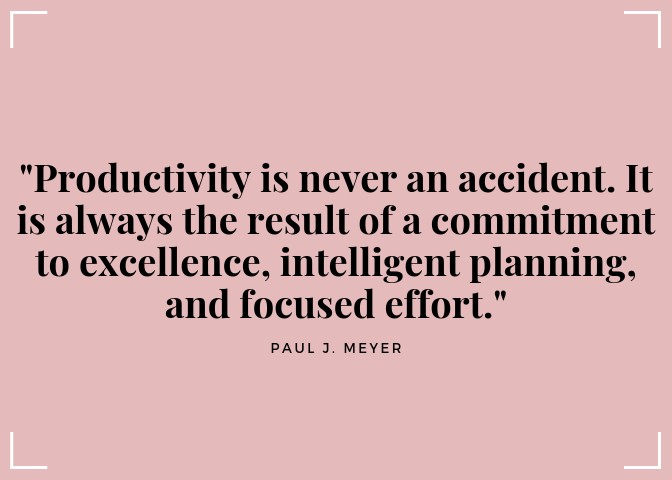
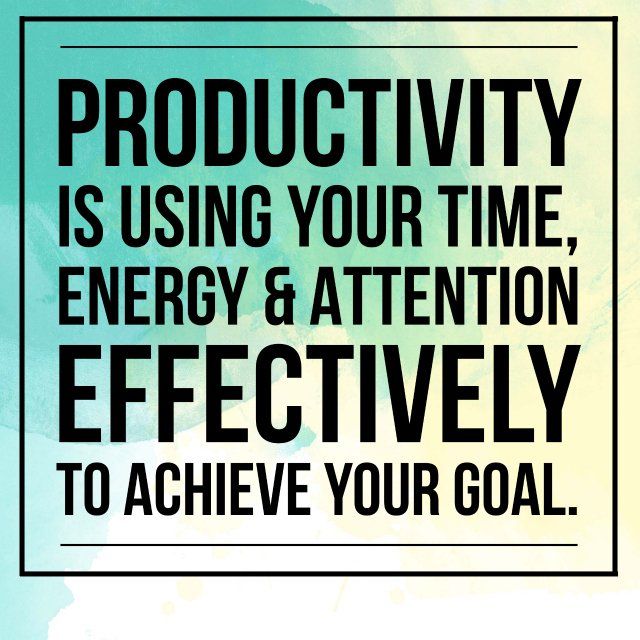
#PathwaysToGrowth
All Rights Reserved | Pathways To Growth


